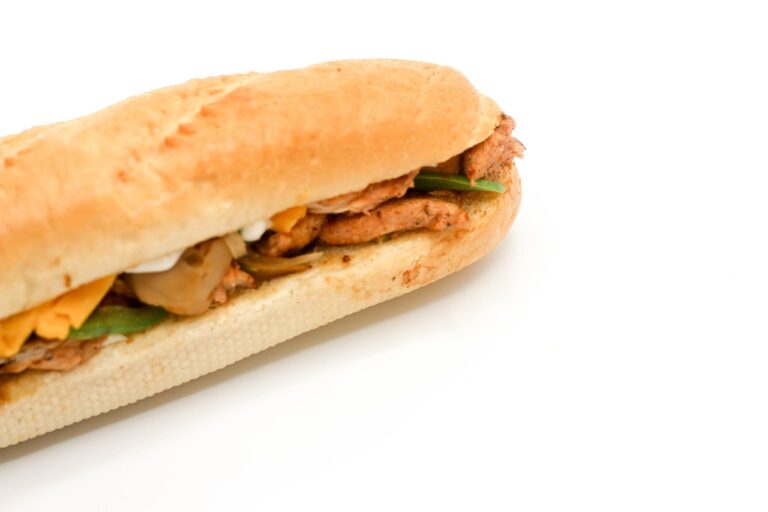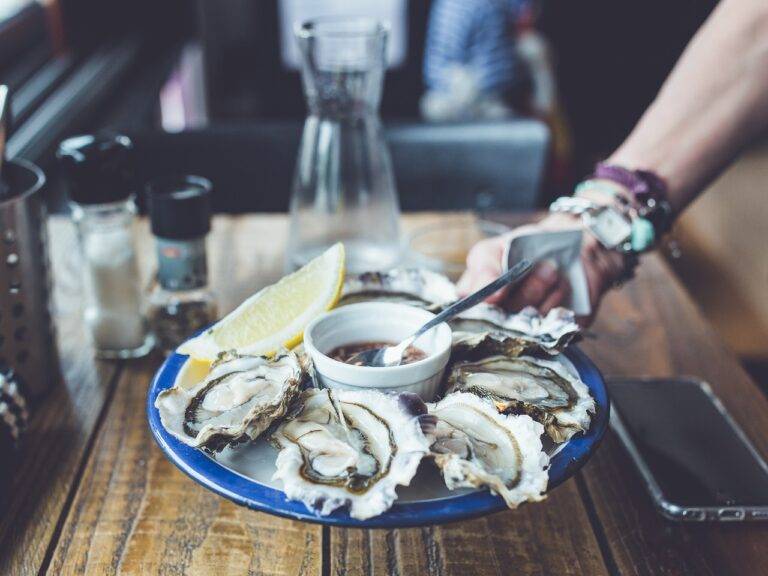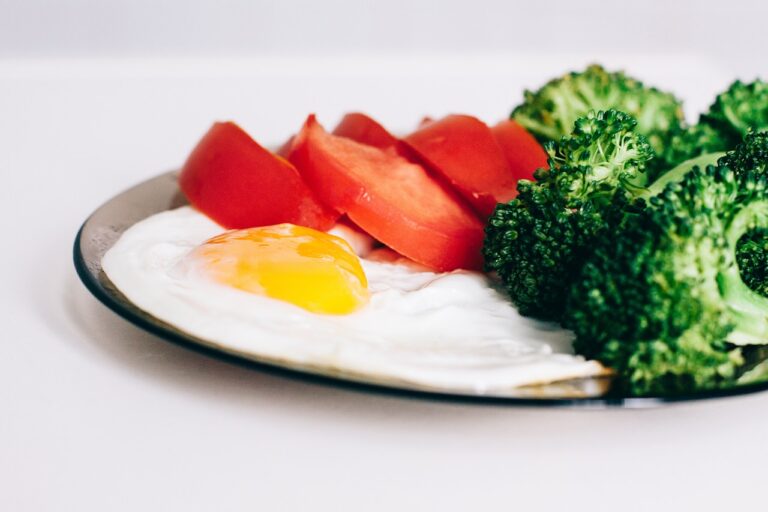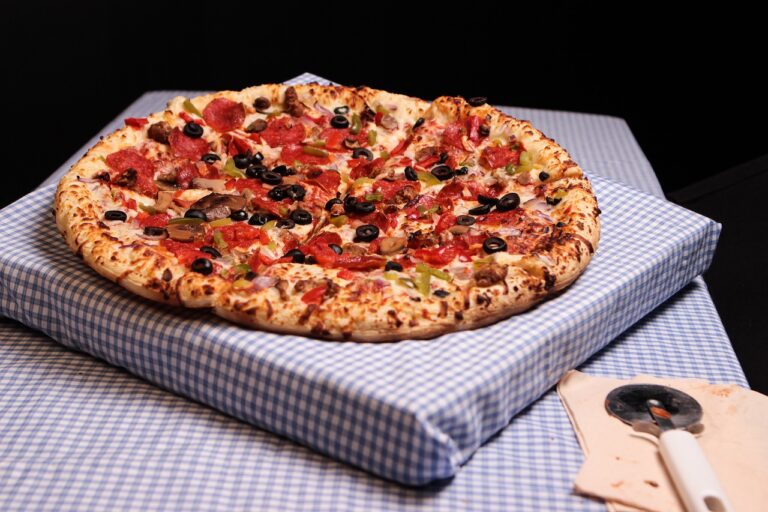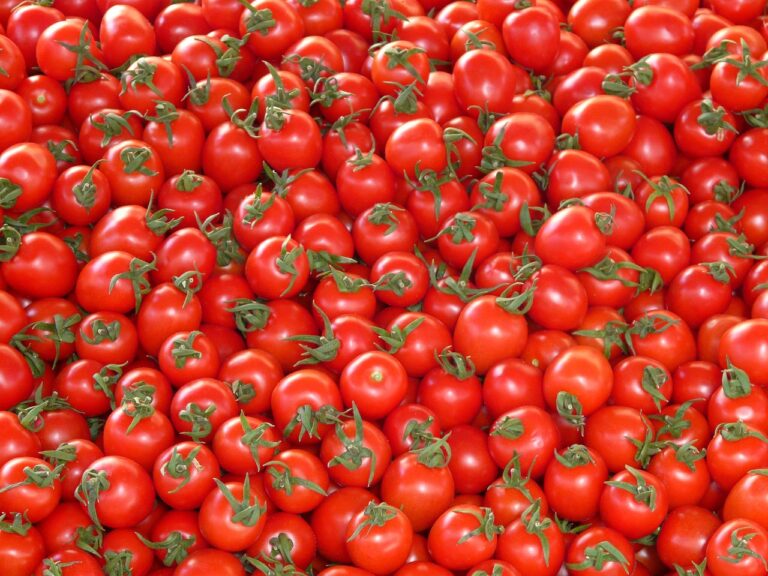The Role of Olive Oil in Enhancing Food Flavors: Diamond exchange 9, Sky99exch, Reddybook
diamond exchange 9, sky99exch, reddybook: Olive oil is a staple in many kitchens around the world, cherished not only for its health benefits but also for its ability to enhance food flavors. This precious oil is not only delicious but also versatile, making it a must-have ingredient for any home chef looking to elevate their culinary creations.
The role of olive oil in enhancing food flavors cannot be underestimated. Its rich, fruity, and slightly peppery taste can add depth and complexity to a wide range of dishes, from salads and pasta to meats and seafood. By using olive oil in your cooking, you can transform simple ingredients into gourmet meals that will impress even the most discerning palates.
So, how exactly does olive oil enhance food flavors? Let’s take a closer look at some of the key ways this golden liquid can take your dishes to the next level.
1. Infusing Flavors
One of the most popular ways to use olive oil to enhance food flavors is by infusing it with herbs, spices, and other aromatic ingredients. By simply adding a few sprigs of rosemary, garlic cloves, or chili peppers to a bottle of olive oil and letting it sit for a few days, you can create a flavorful infusion that will add a whole new dimension to your dishes.
2. Dressing Salads
Olive oil is a classic ingredient in salad dressings, thanks to its light texture and fruity flavor. By mixing olive oil with vinegar, citrus juice, mustard, herbs, and spices, you can create a delicious dressing that will bring out the best in your leafy greens and other salad ingredients.
3. Roasting and Sauteing
When it comes to cooking techniques, olive oil is incredibly versatile. Whether you are roasting vegetables, saut驮g meats, or frying eggs, olive oil can add a rich, savory flavor to your dishes. Its high smoke point also makes it ideal for high-heat cooking methods, ensuring that your food cooks evenly and retains its delicious taste.
4. Finishing Touch
One of the best ways to enhance the flavors of your dishes with olive oil is by drizzling a little bit over the top just before serving. Whether you are adding a swirl of olive oil to a bowl of soup, a plate of pasta, or a grilled steak, this finishing touch can elevate the dish and add a final burst of flavor.
5. Baking
Olive oil can also be used in baking to add moisture and richness to cakes, cookies, and bread. By replacing butter or vegetable oil with olive oil in your favorite baking recipes, you can create healthier treats that are just as tasty as their traditional counterparts.
6. Marinating Meats
Marinating meats in olive oil can help tenderize them and infuse them with flavor. By combining olive oil with herbs, spices, and acidic ingredients like vinegar or citrus juice, you can create a delicious marinade that will take your grilled or roasted meats to the next level.
In conclusion, olive oil is a powerful ingredient that can enhance food flavors in a variety of ways. Whether you are infusing it with herbs, dressing salads, roasting and saut驮g, finishing dishes, baking, or marinating meats, olive oil has the ability to elevate your culinary creations and impress your guests. So, next time you are in the kitchen, don’t forget to reach for that bottle of olive oil and let its rich, fruity flavors work their magic.
FAQs
1. Can I use olive oil for deep-frying?
While olive oil has a high smoke point, it is not ideal for deep-frying due to its low tolerance for high temperatures. It is best to use oils with higher smoke points, such as canola or peanut oil, for deep-frying.
2. How should I store olive oil?
To preserve the freshness and flavor of olive oil, it should be stored in a cool, dark place away from heat and light. It is best to keep olive oil in a sealed container and consume it within a few months of opening.
3. What is the difference between extra virgin and regular olive oil?
Extra virgin olive oil is the highest quality and most flavorful type of olive oil, as it is made from the first pressing of olives and is not refined or processed. Regular olive oil, on the other hand, is a blend of refined olive oil and virgin olive oil, making it milder in flavor and less expensive.
4. Can I use olive oil for baking?
Yes, olive oil can be used in baking as a healthier alternative to butter or vegetable oil. When substituting olive oil for other fats in baking recipes, use a 3:4 ratio (3/4 cup of olive oil for every cup of butter or oil called for in the recipe).
5. Is olive oil good for your health?
Yes, olive oil is rich in monounsaturated fats, antioxidants, and anti-inflammatory compounds that have been linked to numerous health benefits, including reduced risk of heart disease, improved cholesterol levels, and better digestion. It is a key component of the Mediterranean diet, which is known for its positive effects on overall health and longevity.
Remember, the key to using olive oil to enhance food flavors lies in using high-quality, fresh oil and experimenting with different techniques and combinations of ingredients. So, don’t be afraid to get creative in the kitchen and let olive oil be your secret weapon for delicious dishes that will impress your family and friends.


